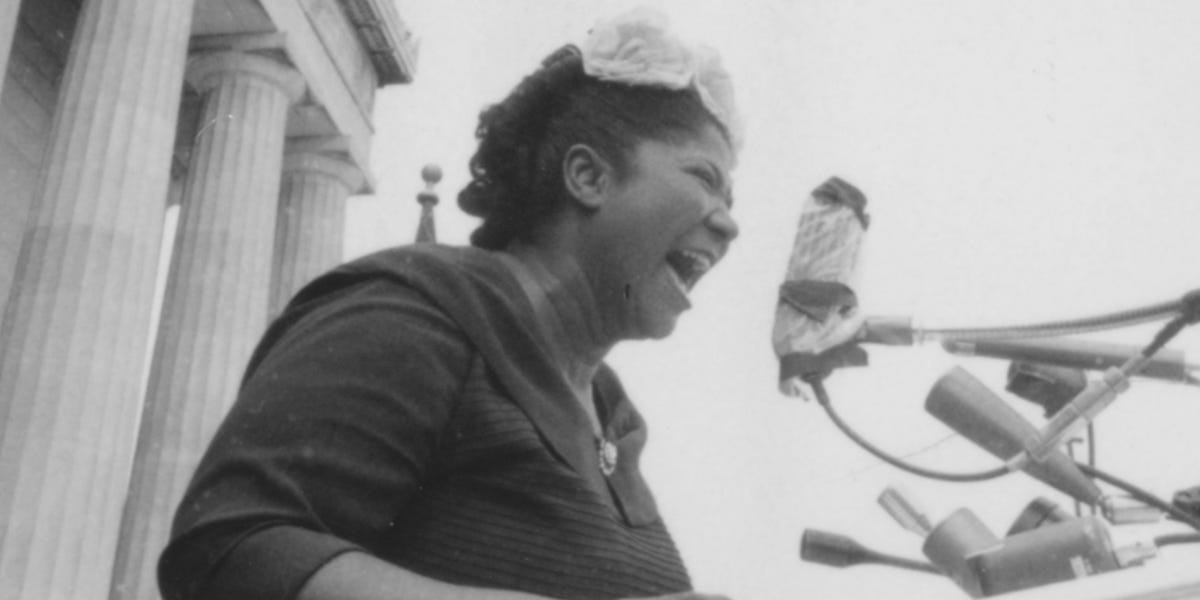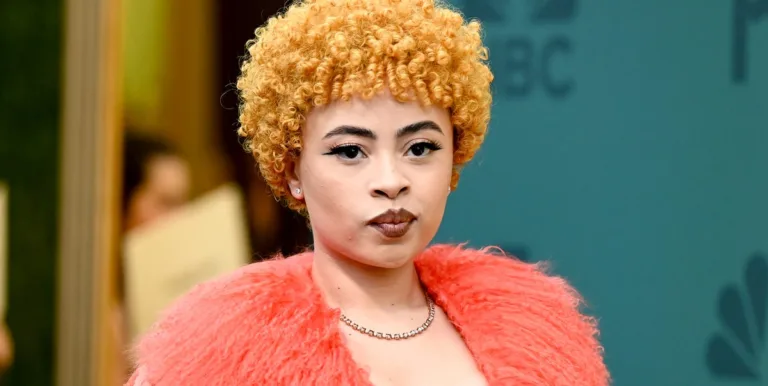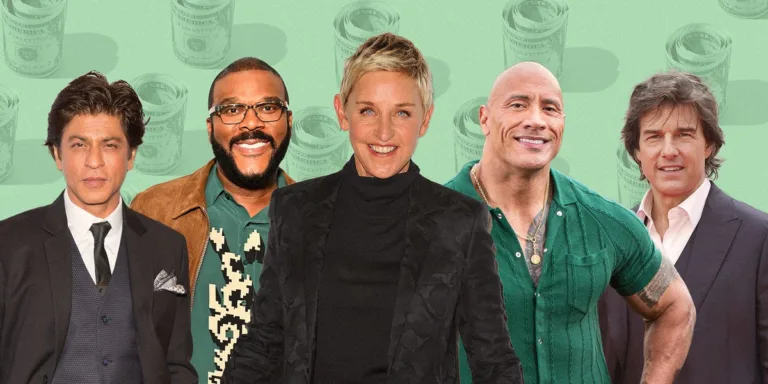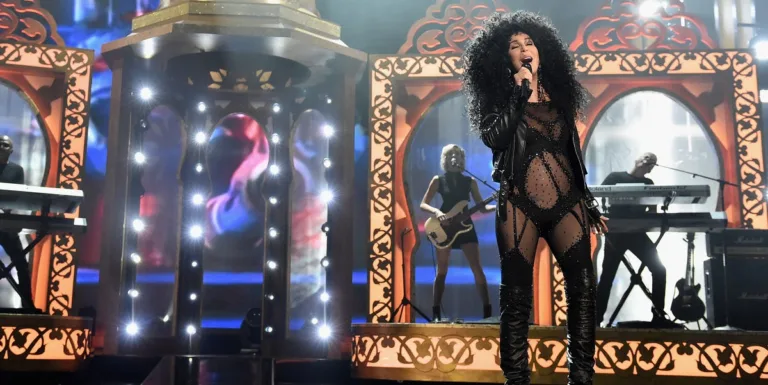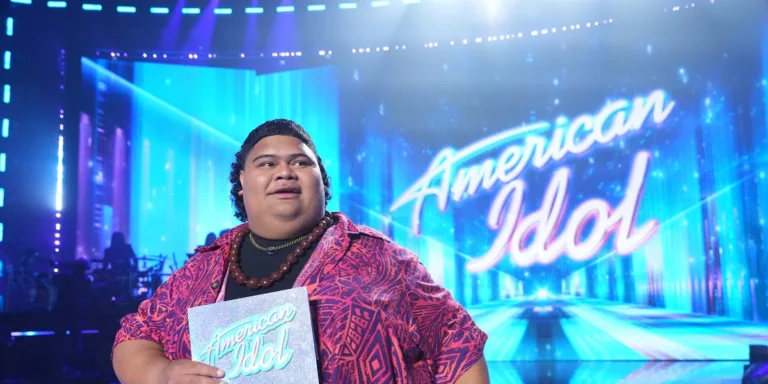The story of the “I Have a Dream” speech is one of incredible power and unexpected moments. It’s a tale woven with the threads of civil rights activism, Musical Inspiration, and the courage to speak truth To Power. At its heart lies the dynamic duo of Martin Luther King Jr. and Mahalia Jackson, two figures who left an indelible mark on American history.
While Martin Luther King Jr.’s name is forever etched in our collective memory as the architect of this iconic speech, it’s crucial to remember the vital role played by Mahalia Jackson. A renowned gospel singer with a voice that could move mountains, she was more than just a performer; she was a passionate advocate for Civil Rights. Her presence at key events alongside King amplified his message and resonated deeply with the hearts of those yearning for equality.
Mahalia Jackson: A Champion for Civil Rights
Mahalia Jackson wasn’t just a gifted vocalist; she was a true champion for Civil Rights. Her powerful voice, often described as a force of nature, became a symbol of hope and resilience within the movement. She used her platform to amplify the voices of the marginalized, singing at rallies and marches, lending her musical talent to countless causes fighting for equality.
Her unwavering commitment to justice resonated with people from all walks of life. She believed deeply in the power of music to inspire change and Unite People, and she poured her heart and Soul Into Every Performance, hoping to stir something within her audience – a spark of hope, a surge of courage, or a renewed determination to fight for what was right. This powerful combination of talent and conviction made Martin Luther King Jr. and Mahalia Jackson such an effective force in the fight for civil rights.
The March on Washington for Jobs and Reform
The March on Washington for Jobs And Reform in 1963 was a pivotal moment in The Civil Rights Movement. Hundreds of thousands of people converged on the nation’s capital to demand equal rights and Economic Justice. The air buzzed with anticipation and Hope As Activists, Religious Leaders, Labor Organizers, and everyday citizens joined together in a powerful display of unity.
This historic event provided a platform for prominent voices like Martin Luther King Jr. and Mahalia Jackson to address the nation. King’s “I Have A Dream” speech, delivered from the steps of The Lincoln Memorial, resonated deeply with the crowd and became a defining moment in the fight for racial equality. The sheer scale of the march and the passionate calls for change sent shockwaves throughout the country, forcing the government to confront the urgent need for civil rights reform.
“Tell Em About The Dream”: A Pivotal Moment
As King delivered his prepared speech at the March on Washington, a wave of energy pulsed through the crowd. Suddenly, Mahalia Jackson, standing near the podium, shouted out with powerful conviction, “Tell em about the dream, Martin, tell em about the dream!” This spontaneous outburst, fueled by her unwavering belief in King’s message and his ability to inspire, shifted the entire course of the event.
King, Momentarily Taken Aback, paused before responding to Jackson’s plea. He felt a surge of inspiration, realizing that this was a moment for something more than just the carefully crafted words on his notes. Embracing the energy of the crowd and guided by Jackson’s Impassioned Call, he veered from his prepared text and launched into an impromptu, heart-wrenching speech centered around his dream of racial equality. It was a moment that transcended the confines of a planned address, becoming a powerful testament to the power of spontaneity and the synergy Between Two Extraordinary Individuals.
Shaping I Have a Dream: King’s Inspiration
While King had already been crafting his vision for racial equality long before the March on Washington, Jackson’S Call To “Tell em about the dream” ignited a fire within him. It was as if she unlocked a deeper well of passion and urgency, pushing him to express his hopes and dreams with even greater clarity and conviction.
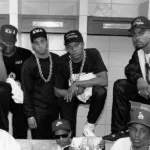 What Happened To N.W.A Now: Members Paths After Fame
What Happened To N.W.A Now: Members Paths After FameKing later acknowledged the profound impact of Jackson’s Spontaneous Outburst, stating that it helped make his Greatest Hour Possible. He understood that her words had not only inspired him but also energized the entire crowd, creating a receptive space for his Message To Truly Resonate. It was a testament to the power of collaboration and the synergy between two individuals who shared a common vision for a more just and equitable world.
Legacy of Collaboration and Impact
The story of Martin Luther King Jr. and Mahalia Jackson reminds us that even the most monumental achievements often stem from collaboration and shared purpose. Their partnership transcended mere circumstance; it was a testament to their Mutual Respect, understanding, and commitment to social justice.
Their legacies continue to inspire generations of activists and artists alike. We see their impact in the ongoing fight for equality, in the power of music to move hearts and minds, and in the enduring belief that collective action can bring about profound change. The story of “I Have A Dream” is not just about King’s words; it’s about the synergy between two extraordinary individuals who dared to dream of a better world and worked tirelessly to make that dream a reality.

